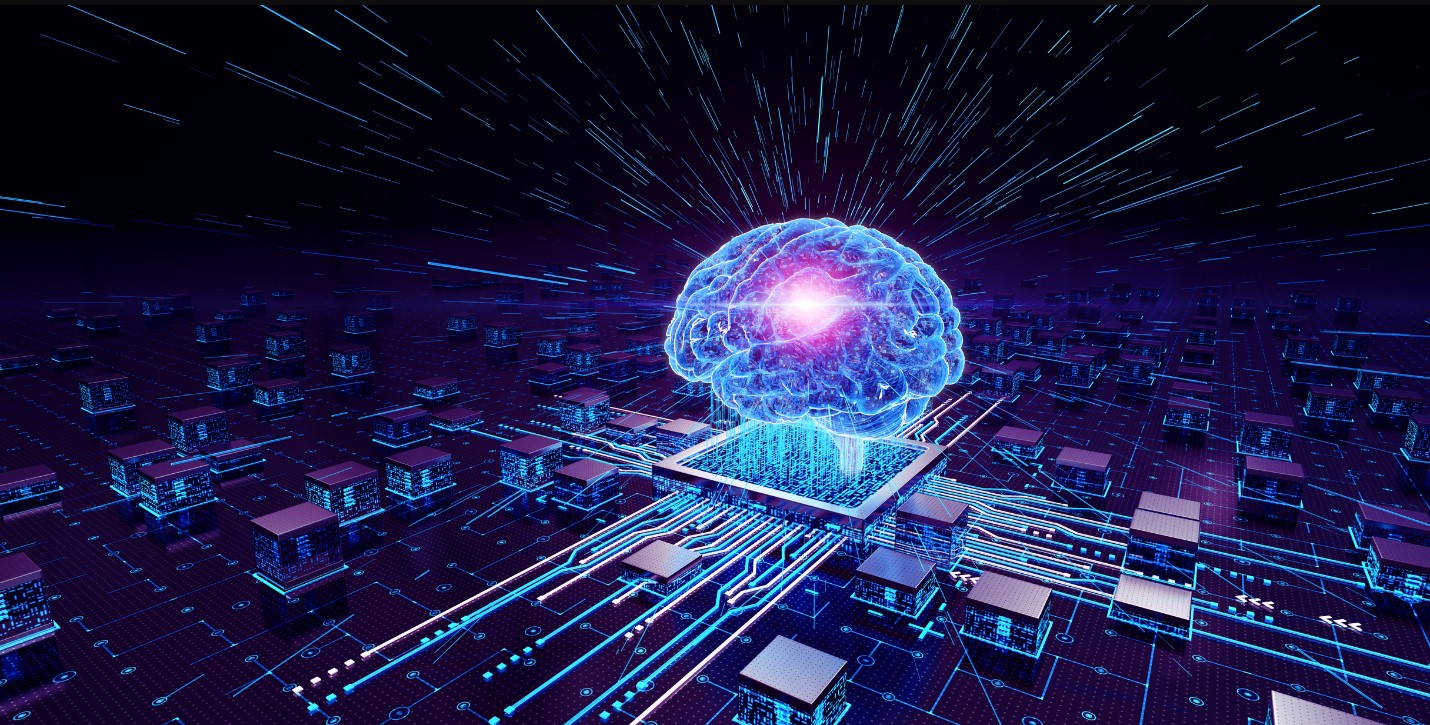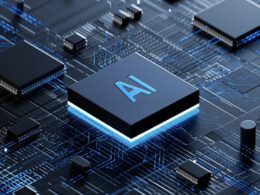AI’s Rapid Expansion May Be Halted due to Electricity Shortage, Predicts Elon Musk
Last month at the Bosch ConnectedWorld conference, Elon Musk, head of Tesla and SpaceX, cautioned that the exponential growth of artificial intelligence (AI) systems may soon be hampered due to a global electricity deficit. Musk asserted that the existing electricity supply system would struggle to keep up with the increasing data processing center numbers.
Predictions on AI’s Future Energy Demand
Boston Consulting Group data, cited by Barron’s, forecasts that by 2030, data processing centers will account for 7.5% of all electricity consumption in the US. AI-dedicated data centers could demand hundreds of megawatts of electricity per facility. Analysts predict that between 2022 and 2030, energy consumption by data centers in the US will surge from 126 to 390 terawatt-hours, equivalent to the power supply for 40 million US households.
Increase in Server Systems and Energy Consumption
According to the 650 Group, server system deliveries for AI use are anticipated to climb up sixfold to 6 million units from today to 2028. Gartner’s forecast reveals that the average power consumption for each computation accelerator will increase from the current 650 watts to 1,000 watts. This suggests that energy consumption will increase not just due to the rise in server quantity, but also on a per unit basis. Efforts to incorporate AI in energy consumption monitoring may slightly hamper this growth, yet they will not entirely nullify the problem. The transition to liquid cooling for server systems is, in most cases, unavoidable. Based on Super Micro’s assertion, one can reduce the operational expenditure of data centers by over 40% by switching from traditional air cooling to liquid cooling.
Regional Power Supply Network Disparities
The underlying problem is compounded by the uneven development of regional power supply networks. Furthermore, not all regions can successfully transmit produced electricity to large consumer locations. Experts assert that the U.S. generates sufficient power for AI system development. However, it faces significant distribution network problems.





